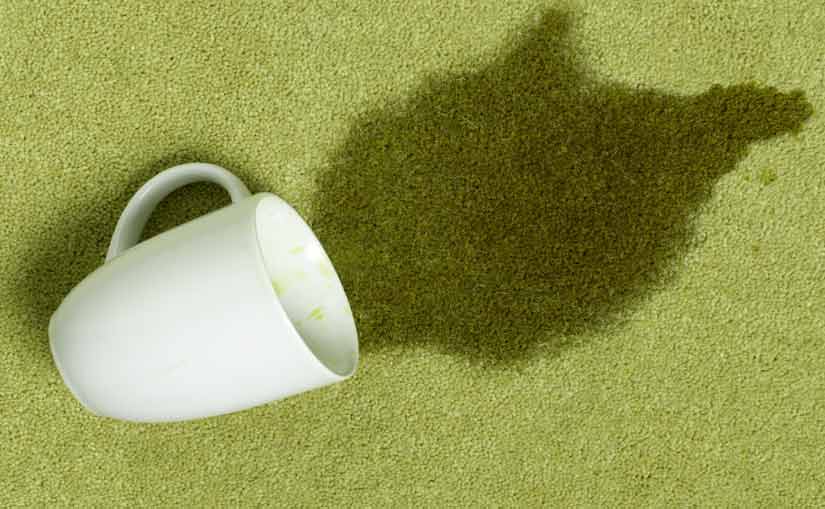This article will cover how salt can cause clogging in a leach field. Owning a home means owning a septic system. This brings a whole new perspective to owning an entire property. If you are fortunate enough to have a conventional septic system, then you should know its vital parts—the septic tank and the leach field. The septic tank collects and pre-treats the raw wastewater that your house. It has resident anaerobic bacteria that break down the solid waste products before the clear effluent enters the leach field. In the leach field, aerobic bacteria are present. They breakdown any small particles left in the effluent. The aerobic bacteria also control the population of the biomat that purifies the effluent before it is released into the surrounding environment to be used again. As a homeowner, you should make sure that your septic system is always optimal. Preventing issues such as clogging would even help lengthen the septic’s lifespan. Clogging is a problem that usually targets the leach field. The leach field is where the final stage of wastewater treatment happens. If it is stuck with solid waste products, then you could expect inevitable failure. Salt is one of the most common causes of clogging in leach fields. This happens when you have issues with hard water.
It is considered a crisis when you use hard water. Hard water is composed of calcium and magnesium that makes it very difficult to clean. It doesn’t allow detergents and soaps to lather up, making cleaning very challenging and even impossible. Hard water turns your soap into slimy scum that clogs drains and sinks. When you use hard water, you repeat every wash so you consume more time, money, and effort. You buy more soap and you pay high water bills. You also introduce an increased water load into the septic tank. Because of this, the solid waste materials are stirred up. They cannot be broken down by bacteria so they just float around in the tank until they are finally pushed into the leach field. The leach field becomes clogged. It is truly heartbreaking to have hard water destroy your septic system. To prevent such an event, you should use water softeners. Water softeners have salt or sodium carbonate. Understanding how salt can cause clogging in the leach field will let you know what you should do to keep your leach field functional even if you use water softeners.
Water softeners work by attracting calcium and magnesium ions through its beads. When these elements finally stick to the beads, they are flushed out of the water supply system. Then, the salt or sodium carbonate ions replace the calcium and magnesium in the water. The water becomes softened water, which allows you to perform washes easier and faster. Softened water makes you save time, effort and money. Using water softeners all the time can also cause problems. The salt in water softeners will accumulate and kill off the existing bacteria in your septic system. Salt is a known preservative and it kills bacteria to prolong the life of the organic substance. Freshwater organisms technically cannot survive in saltwater environments. What happens is that when salt is incorporated into the water, the bacterial environment becomes hypertonic. The salt in the water sucks out the water from the bacteria, killing them off. As you know, bacteria need a balanced water environment to survive. If you use water softeners often, you subject your septic tank and leach field bacteria to a possible complete elimination.
You have to talk to your septic expert about your hard water problem so that additives can be added to help the leach field function properly even with water softeners. You should also avoid using harsh cleaners because they kill off bacteria as well. Adhere to the scheduled pump outs so that your system will be rid of salt residue that kills off bacteria. Regular pump outs will also reset and refresh your leach field, leaving you with no septic issues even if you use water softeners.



